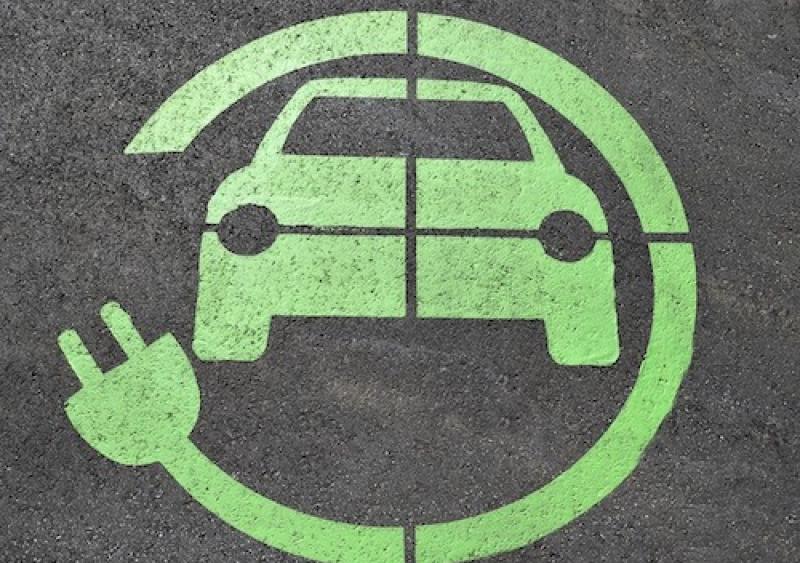The Indiana Department of Transportation and Purdue University recently announced plans to develop the world’s first contactless wireless-charging concrete pavement highway segment. The project will use innovative magnetizable concrete – developed by German startup Magment GmbH – enabling wireless charging of electric vehicles as they drive.
“Indiana is known as the Crossroads of America and we’re committed to fortifying our position as a transportation leader by innovating to support the emerging vehicle technology,” Governor Eric J. Holcomb said. “This partnership to develop wireless charging technology for highways sends a strong signal that Indiana is on the leading edge of delivering the infrastructure needed to support the adoption of electric vehicles.”
“As electric vehicles become more widely used, demand for reliable, convenient charging infrastructure continues to grow, and the need to innovate is clear,” INDOT Commissioner Joe McGuinness said. “We’re excited to partner with Purdue and Magment to explore incorporating wireless charging technology into highway infrastructure.”
“The field of transportation is in the midst of a transformation not experienced since the invention of the automobile,” Nadia Gkritza, Professor of Civil Engineering and Agricultural and Biological Engineering and ASPIRE Campus Director at Purdue University said. “Through this research, we envision opportunities to reduce emissions and near-road exposures to pollutants, coupled with other transportation innovations in shared mobility and automation that will shape data-driven policies encouraging advances.”
The project is part of the Advancing Sustainability through Power Infrastructure for Road Electrification (ASPIRE) Initiative, an Engineering Research Center funded by NSF, the National Science Foundation, and involves the collaboration of universities, government laboratories, businesses, and other stakeholders developing next-generation charging technologies for the electrification of Transportation vehicles of all classes.
“We’re quite eager to see this first of its kind project unfold in Indiana,” said David Christensen, ASPIRE Innovation Director. “This partnership that includes Magment, INDOT, Purdue University, and the larger ASPIRE consortium has great promise to really move the needle on technology development, which will, in turn, enable more positive impacts from deeper electric vehicle adoption.”
Phases 1 and 2 of the project will feature pavement testing, analysis, and optimization research conducted by the Joint Transportation Research Program (JTRP) at Purdue’s West Lafayette campus. In phase 3, INDOT will construct a quarter-mile-long testbed at a location yet to be determined, where engineers will test the innovative concrete’s capacity to charge heavy trucks operation at high power (200 kilowatts and above). Upon successful completion of testing of all three phases, INDOT will use the new technology to electrify a yet to be determined segment of interstate highway within Indiana.
“This project is a real step forward towards the future of dynamic wireless charging,” said Mauricio Esguerra, CEO of Magment, “that will undoubtedly set the standard for affordable, sustainable and efficient transportation electrification.”
The project will include three phases and is expected to begin later this summer.






